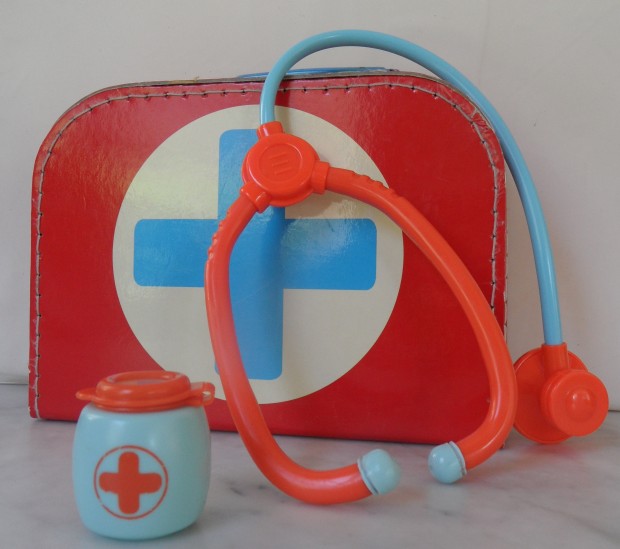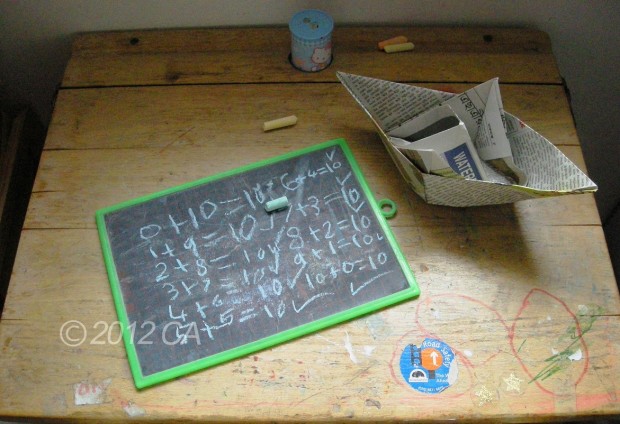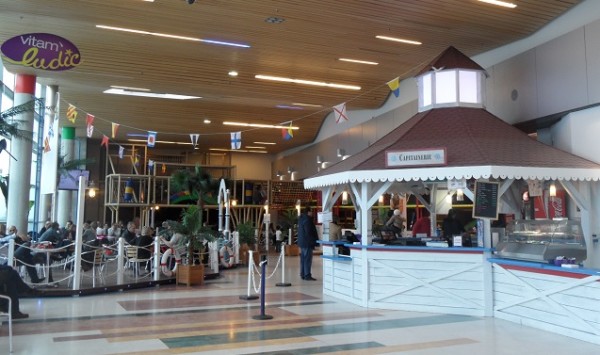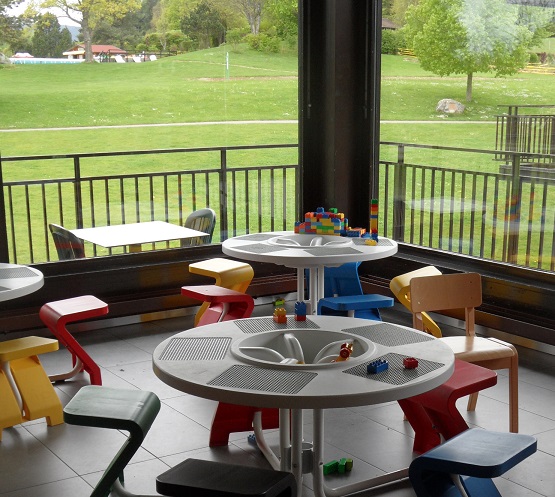Getting to grips with the Swiss tax system can be quite complicated, as it is administered independently at federal, cantonal and village level so you will pay different tax rates depending on where you live (click here for more info in English about tax rates in all Swiss municipalities).
Here’s some basic financial tips, which we hope will be of help to expats moving to the area:
1. If you’re working for a commercial company (i.e. not exempt from taxation) and about to relocate to Switzerland, you’ll need to choose carefully where you want to live, as this will impact on your income tax bracket. You can calculate your tax rate online and compare cheaper cantons here.
2. Married couples are taxed as “one person”, adding both incomes (if both working) to be taxed at the highest level.
On the flip side, if only one partner is working and the other stays at home to look after the children, then the family unit can benefit from a good tax break, which can be equivalent to a good average salary for a full time job in many neighbouring EU countries.
3. Expatriates can claim a “housing allowance”, which is a tax break set up to compensate for the fact that they’re relocating to a different country. The amount can be significant, up to circa 18,000CHF tax-free.
4. Even if you’re not paying into a Swiss pension plan for your main pension, it is worth paying the maximum you are allowed to, approx. 8,700CHF per annum, into the Pillar 2 (the Swiss scheme is based on 3 Pillars – find more details here).
Paying into PILLAR 2 is tax free and, if you leave the country, it’s fully transferable. Alternatively, it can be used tax-free to buy Swiss property, once you have built up a little nest egg.
5. Our advice is use the services of an accountant or a good Swiss fiduciary (cheaper than the services of an accountancy firm) – even if your company sorts out all salary matters for you. You can save a lot each year by seeking advice from the professionals. Click here for more information.
6. As Switzerland is not part of the EU, you can buy high value goods in France or any other EU countries and then ask for a VAT refund (19.6%). When you then import the item into Switzerland you’ll have to pay Swiss VAT at a rate of 8%, saving yourself 11.6%. Remember that the favourable exchange rate between the Euro and the Swiss franc is also a bonus!
7. REMEMBER: petrol is cheaper in Switzerland, but diesel is cheaper in France!
8. If you buy a property in Switzerland or after 5 years of residency (whichever is the soonest), you are no longer taxed at source as in other European countries.
Remember to watch out for this and don’t spend all your monthly pay cheques as you’ll be sent an annual facture around April/May time (after filling your annual tax return) to settle your tax affairs for the previous year.
Given the Swiss approach to breaking the law, you would not want to find yourself short of cash when the Swiss taxman cometh!





